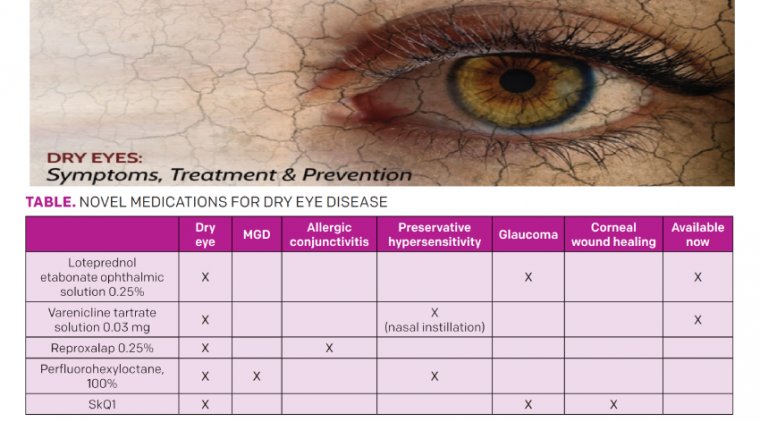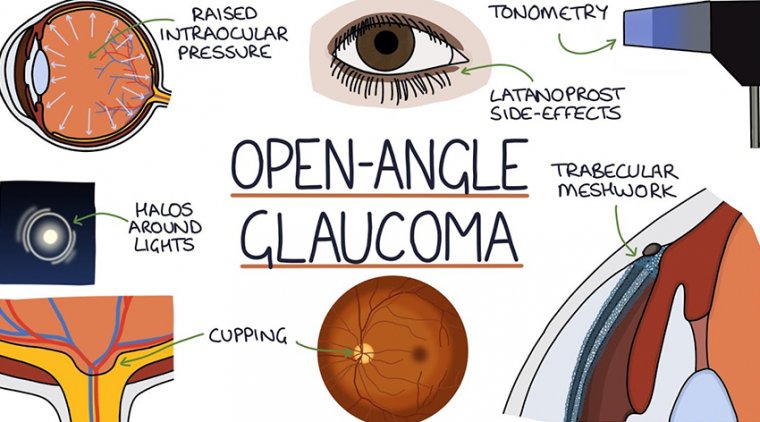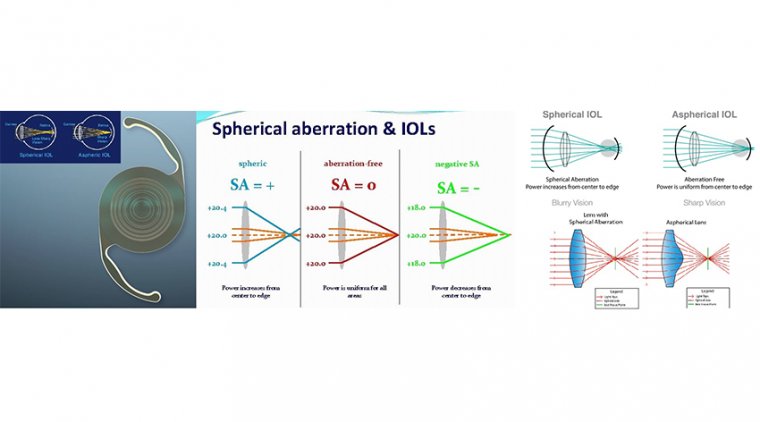
Novel Treatment for Diabetic Retinopathy Shows Promise in Early Studies
Researchers at the University of Oklahoma Health Sciences and Memorial Sloan Kettering (MSK) Cancer Center have unveiled a novel approach to treating diabetic retinopathy that could potentially transform outcomes for patients at risk of blindness.
Anti-Ceramide Immunotherapy: A Novel Treatment Strategy
Julia Busik, Ph.D., professor and chair of the department of biochemistry and physiology at the University of Oklahoma, in collaboration with Richard Kolesnick, MD, of MSK Cancer Center, recently published their findings in the journal Cell Metabolism. Their research introduces anti-ceramide immunotherapy as a novel treatment strategy aimed at targeting the underlying causes of diabetic retinopathy, halting its progression at earlier stages than current therapies.
.jpg)
The Impact of Diabetic Retinopathy and Current Treatments
"With the rise in diabetes, there's a rise in complications. One-third of adults over age 40 with diabetes have retinopathy," noted Busik. "If left untreated, diabetic retinopathy can lead to blindness. Losing vision is one of the most feared complications for patients with diabetes."
Diabetic retinopathy involves the accumulation of hemorrhaging lipid (fatty compound) build-ups in the eye, initially appearing as dark spots in the field of vision that can escalate to vision-threatening conditions and eventual blindness.
Current treatments for diabetic retinopathy are limited to invasive procedures such as laser therapy, which burns vessels to halt hemorrhaging, and intraocular injections that can arrest disease progression but come with significant health risks. According to Busik, these treatments have varying degrees of effectiveness.
Targeting Lipid Pathways in Diabetic Retinopathy
Busik's research, building on her work at Michigan State University, focuses on lipid pathways in the retina affected by diabetes. Her team identified ceramides, a type of lipid, as particularly damaging in the eyes of patients with diabetic retinopathy. These ceramides aggregate into large domains when stimulated by cytokines, leading to inflammatory signals that cause cell death and accelerate disease progression.
In collaboration with the Kolesnick laboratory at MSK Cancer Center, Busik's team developed an antibody targeting these ceramides to prevent their harmful aggregation and signaling in healthy retinal cells. Early studies using animal and cell culture models have shown promising results.
Addressing the Root Cause and Advantages of the New Treatment
"The most significant advancement over current treatments is that our approach addresses the root cause of the disease rather than its late-stage symptoms," explained Busik. "Additionally, it can be administered systemically, eliminating the need for direct eye injections which are currently reserved for advanced stages of the disease due to safety concerns."
"If we can introduce this systemic, safe treatment at the early stages of disease progression," Busik added, "we can potentially prevent patients from reaching the critical late stages where their vision is at risk."
The research marks a critical step forward in diabetic retinopathy treatment, offering hope for earlier intervention and improved outcomes for millions affected by this debilitating condition. Further clinical trials will be crucial to validate these findings and pave the way for future therapeutic advancements.
Reference
Tim F. Dorweiler et al, Diabetic retinopathy is a ceramidopathy reversible by anti-ceramide immunotherapy, Cell Metabolism (2024). DOI: 10.1016/j.cmet.2024.04.013
(1).jpg)










